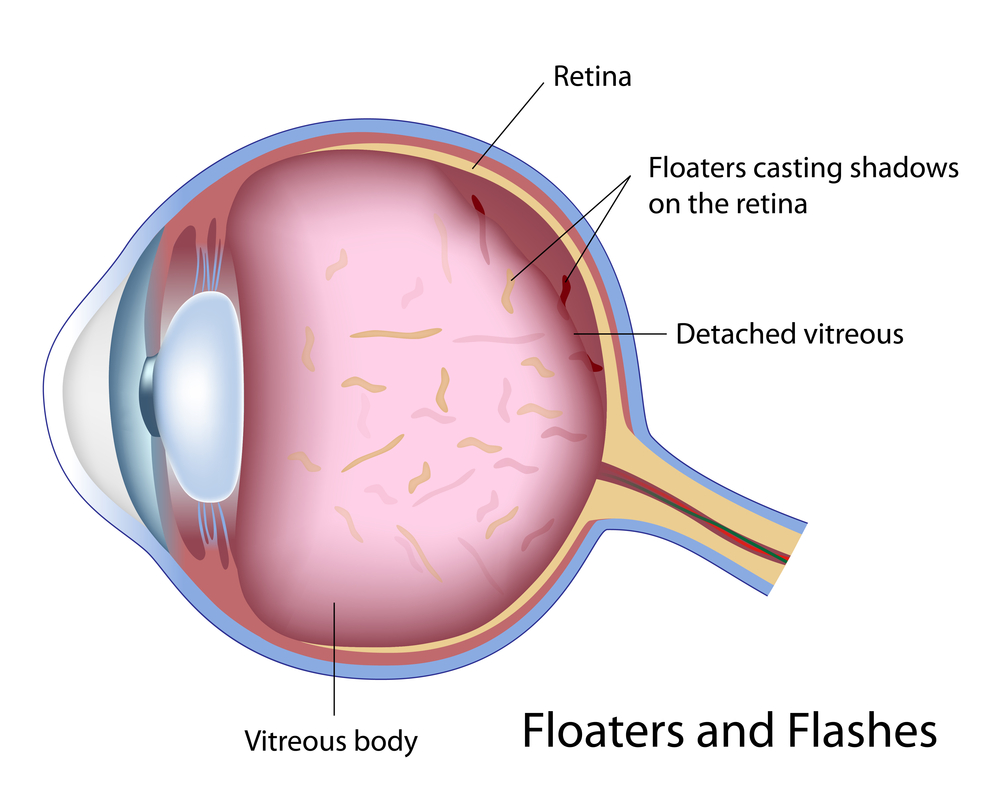Understanding Eye Floaters: Causes and Solutions
This article explains eye floaters, their causes, symptoms, and effective treatments. Understanding when to seek medical advice is crucial for eye health. Discover the causes, risk factors, and treatment options to manage or eliminate eye floaters effectively.
Sponsored

Have you heard of "eye floaters"? If not, this article sheds light on this common eye phenomenon, explaining what causes floaters and how they can be managed or treated effectively.
What exactly are eye floaters?
They are tiny spots or threads that drift across your visual field.
They often appear as black, grey, or transparent specks, strings, or cobweb-like shapes.
Floaters tend to move with your eye movements and seem to dart away when looked at directly.
Since they are inside the eye's fluid, they follow eye motion.
Generally harmless, they do not cause pain or discomfort.
Who experiences eye floaters?
Floaters can appear in one or both eyes.
They are more noticeable when viewing bright backgrounds like the sky or white surfaces.
Less visible in low-light conditions.
Each person's floaters are unique in appearance.
What causes eye floaters?
Age-related changes: As we age, the vitreous gel in the eye shrinks and liquefies, leading to debris that creates shadows in vision.
Eye inflammation: Inflammatory responses in the eye can release debris that appears as floaters.
Retinal tears: Vitreous detachment may cause tears in the retina, risking retinal detachment if untreated.
Bleeding inside the eye: Conditions such as diabetes or injuries can cause blood vessels to rupture, leading to floaters from blood cells.
Eye surgeries and medications: Post-surgical changes, like air bubbles, can result in floaters.
Nearsightedness: Myopia increases susceptibility to floaters.
Factors Increasing Risk
Age over 50
Eye trauma
Nearsightedness
Cataract surgery complications
Eye inflammation
Diabetic retinopathy
When to Consult a Doctor
If floaters persist or worsen
Sudden increase in floaters
Seeing flashes of light with floaters
Shadow or curtain blocking vision
Eye pain or vision problems
Associated Eye Conditions
Cataracts
Nearsightedness
Retinal detachment
Retinal necrosis
Managing and Treating Eye Floaters
Ignore minor floaters: If they do not interfere with your vision, letting them fade naturally is often best.
Vitrectomy: A surgical option to remove floaters if they significantly impair vision.
Address underlying causes: Treating conditions like inflammation or retinal tears can reduce floaters.
Healthy diet: Anti-inflammatory foods may help prevent floaters caused by eye inflammation.






